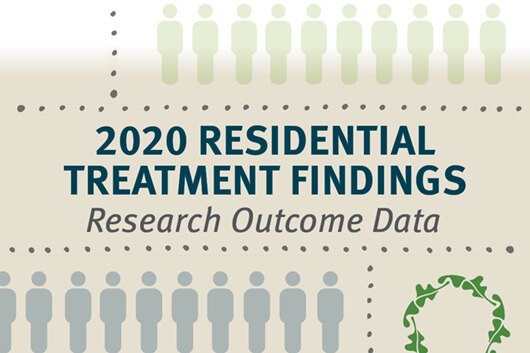The struggles many have with opioid pain medication have given way to a more public view of how prescription medication use can develop into substance use disorders. There has long existed a large number of routinely prescribed medicines that have the potential to be abused, and many who suffer from substance use disorders are not aware of their predisposition prior to taking the prescriptions. Often the symptoms of a substance use disorder appear much like those of other emotional, mental, and physical health disorders. Some of which result in legally prescribed medications that exacerbate predisposition to addiction. Awareness is always the first line of defense when it comes to protecting oneself from potential harm. Opiates are common and in the news but there are other medications to take note of.
The Big Three
Opiates are a commonly known line of medications that can cause harm and have potential for abuse, but there are two other types of medications that also carry this risk – central nervous system depressants, and stimulants.
Opioid Pain Medications
At one point these medications were prescribed for anything ranging from a backache to a sprained ankle to post-surgical pain. As they have created an epidemic like crisis in the world of substance use, federal and state governments continue to increase regulations on the prescription of these medications. They are prescribed for their pain-relieving effects but often abused due to the sense of euphoria they can induce. Commonly prescribed opiates include:
- Vicodin/Norco
- Codeine
- Percocet
- OxyContin
Central Nervous System Depressants
Alcohol is a legal and accessible central nervous system depressant. When it comes to prescription medications, this takes the form of benzodiazepines, which are commonly used to treat anxiety, panic, sleep issues like insomnia, and seizures. These medications have tranquilizing, calming, and sedating effects, and in doing so they slow down critical body functions, such as breathing and heart rates. Some commonly prescribed benzodiazepines include:
- Xanax
- Valium
- Ativan
- Klonopin
These medications are often used to treat alcohol withdrawal, which means they are often prescribed to those who may already have issues with substance use. It is important that if these medications are used for this purpose that the process is overseen by a qualified medical professional.
Stimulants
While less commonly used to treat medical issues such as narcolepsy and binge eating disorder, prescription stimulants are most often used in the treatment of attention deficit hyperactivity disorder (ADHD). These medications are used to help increase focus and aid in impulse control. These medications are often abused by students due to their ability to increase alertness and the ability to study. Some commonly prescribed stimulants include:
- Adderall
- Dexedrine
- Ritalin
There are other commonly-prescribed medications with the potential for abuse. Some sleeping medications, such as Ambien, are chemically similar to benzodiazepines and barbiturates, which are anesthetics or anticonvulsant medications with sedating effects that are not commonly prescribed today.
Potential Danger
The medical term, used by the American Psychological Association, for addiction is substance use disorder (SUD). This is an update from two previously used terms, substance abuse, and substance dependence. The reason behind the change was that the word abuse had an inherently negative connotation that needed to be shed and the word dependence was confusing from a scientific standpoint. This has been beneficial in the conversation about addiction, however, the idea of dependence can be an important piece of the prescription medication puzzle. While those with a substance use disorder are at risk with these medications due to a predisposition to the illness, the nature of many of these medications, having both mental and physical effects, can create a reliance upon them even for those who are not.
Reliance on these medications for the person who is not affected by substance use disorder can be caused by their body becoming accustomed to the medicine, the changes in brain chemistry that they can cause, or due to the fact that the medication inadvertently treats an underlying mental health disorder. This could lead to behaviors that are harmful or normally appear in those with substance use disorder, including taking more than the prescribed amount, buying these medications from a source other than a doctor, or even advancing to an alternative or illegal substance that mimics the effects of the medicine.
For those with a substance use disorder, or the predisposition for it, these medications have the potential to accelerate the symptoms or severity of the disorder, mask co-occurring mental health issues that need to be addressed, and increase the risk that they might seek other forms of substances in order to gain the same feelings elicited by the medication. A prescription might also lead someone to believe that they are not affected by a substance use disorder and they might believe that they only rely on the medication for treatment. They might be unwilling to seek help or treatment as they are afraid of what they may experience mentally or physically without it.
Prevention
The best way to care for oneself when it comes to the medication they are prescribed is to be informed. An open and honest conversation with a doctor or pharmacist should always take place, questions about abuse potential, side effects, and dependency should always occur, regardless of the nature of the medicine. Each individual is their own best advocate when it comes to medications.
Ashley Addiction Treatment is an innovative treatment program located on Maryland’s Chesapeake Bay. Ashley provides support for professionals seeking help with addiction. We are able to help people with co-occurring disorders and offer confidential treatment programs to meet your needs. Please reach out to us today at 800-799-4673.




